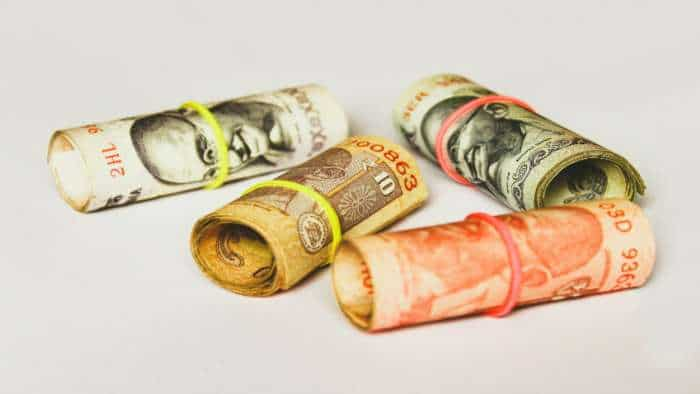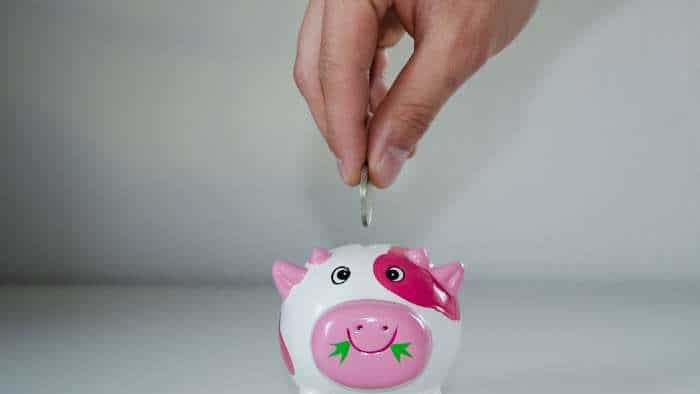Russia hopes to raise fish, seafood exports to China after Japan ban
Russia is one of the biggest marine product suppliers to China, with 894 Russian companies allowed to export seafood, Rosselkhoznadzor, the Russian food safety watchdog, said in July.
)
Russia hopes to increase its marine product exports to China in the wake of China's ban on Japanese seafood imports after the release of treated radioactive water from the wrecked Fukushima nuclear power plant into the sea.
Russia is one of the biggest marine product suppliers to China, with 894 Russian companies allowed to export seafood, Rosselkhoznadzor, the Russian food safety watchdog, said in July.
In a statement late on Friday, Rosselkhoznadzor said it was seeking to increase the number of exporters.
"The Chinese market in general is promising for Russian fish products. We hope to increase the number of certified Russian companies and ships, the volume of products, and its range," the Rosselkhoznadzor statement said.
To aid that effort, Rosselkhoznadzor plans to continue dialogue with China on seafood safety issues and finish negotiations with China on regulations for Russian marine products supply to the country, the statement said.
China has already banned some food imports from Japan but Thursday's total ban was prompted by concerns about the "risk of radioactive contamination" after it started releasing the treated water.
China was the destination for over half of Russian aquatic products exports between January and August, the statement said without providing figures, dominated by pollock, herring, flounder, sardine, cod, and crab.
Russia exported 2.3 million metric tons of marine products last year worth about $6.1 billion, around half of its overall catch, with China, South Korea, and Japan being the biggest importers, according to Russia's fisheries agency.
Japan said criticism from Russia and China was unsupported by scientific evidence and pollution levels in the water will be below those considered safe for drinking under World Health Organization standards.
Still, Rosselkhoznadzor said it has tightened the screening of Japanese seafood imports though the volumes are insignificant.
The regulator also said the direction of currents in the Russian Far East, where about 70% of Russia's seafood is caught, "would prevent contamination" of marine products caught by Russian ships.
It has also tightened the radiological control of seafood caught in Russian waters which are relatively close to Fukushima and would test selected samples for radiation levels, Interfax reported on Thursday, citing Rosselkhoznadzor's Pacific office.
Get Latest Business News, Stock Market Updates and Videos; Check your tax outgo through Income Tax Calculator and save money through our Personal Finance coverage. Check Business Breaking News Live on Zee Business Twitter and Facebook. Subscribe on YouTube.
RECOMMENDED STORIES

Fundamental picks by brokerage: These 3 largecap, 2 midcap stocks can give up to 28% return - Check targets

SBI Senior Citizen Latest FD Rates: What senior citizens can get on Rs 7 lakh, Rs 14 lakh, and Rs 21 lakh investments in Amrit Vrishti, 1-, 3-, and 5-year fixed deposits

Tamil Nadu Weather Alert: Chennai may receive heavy rains; IMD issues yellow & orange alerts in these districts

SIP+SWP: Rs 10,000 monthly SIP for 20 years, Rs 25 lakh lump sum investment, then Rs 2.15 lakh monthly income for 25 years; see expert calculations

Top 7 Mutual Funds With Highest Returns in 10 Years: Rs 10 lakh investment in No 1 scheme has turned into Rs 79,46,160 in 10 years

SIP vs PPF: How much corpus you can build in 15 years by investing Rs 1.5 lakh per year? Understand through calculations

Retirement Planning: Investment Rs 20 lakh, retirement corpus goal Rs 3.40 crore; know how you can achieve it
05:39 PM IST










 India-China troops begin disengagement at 2 friction points in Ladakh
India-China troops begin disengagement at 2 friction points in Ladakh China emerges as India's top import source during April-September 2024
China emerges as India's top import source during April-September 2024 Canada imposes a 100% tariff on imports of Chinese-made electric vehicles Toronto
Canada imposes a 100% tariff on imports of Chinese-made electric vehicles Toronto China's exports grow 7% in July, under forecasts, while imports gain momentum
China's exports grow 7% in July, under forecasts, while imports gain momentum Paris Olympics: China win gold medal in 10m Air Rifle Mixed Team event
Paris Olympics: China win gold medal in 10m Air Rifle Mixed Team event